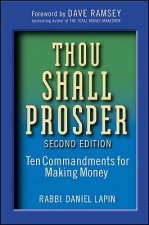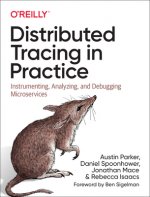
Dostawa
Doradca ds. zakupów
16 127 528 książek w 175 językach







Pokaż wszystkie języki (175)





Jednak się nie przyda? Nic nie szkodzi! U nas możesz zwrócić towar do 30 dni
 Bon prezentowy
O dowolnej wartości
Bon prezentowy
O dowolnej wartości
Bon prezentowy to zawsze dobry pomysł. Obdarowany może za bon prezentowy wybrać cokolwiek z naszej oferty.
God Owes Us Nothing
 Angielski
Angielski
 279 b
279 b
30 dni na zwrot towaru
Mogłoby Cię także zainteresować


This volume presents a new interpretation of a centuries-long debate in Christianity: how to reconcile the existence of evil in the world with the goodness of an omnipotent God. In Augustinian doctrine, evil is the absence of good, God is omnipotent, and individuals are predestined to salvation or damnation. We are powerless to influence God's bestowal of grace by either word or deed: in short, God owes us nothing. Augustine's view was attacked as unduly harsh by the 4th-century monk Pelagius, whose followers believed that humans can earn grace through good acts. The Church condemned this teaching as heresy, but controversies concerning evil, free will, divine omnipotence, grace, and predestination continued over the centuries. In the 17th century, the theologian Jansenius returned to Augustinian doctrine and created his own heresy: he repudiated free will, accepted predestination and taught that God is free to bestow grace upon the wicked and withhold it from the good; because of original sin, no one is deserving of grace. Renowned as a philosopher with deep religious sensitivities, Kolakowski confronts this controversy. He argues that the teachings of Jansenius and Augustine both reflect the very principles and spirit upon which the Church was founded, and to reject one is to reject the other. His central thesis is that by condemning Jansenism, the Church also found a way to abandon its 1000-year adherence to the doctrines of Saint Augustine. Kolakowski continues this critical encounter with an examination of Pascal, whose powerful moral philosophy has roots in Jansenism. Pascal affirmed the divine omnipotence of God in his famous Wager: if God does not exist, nothing is lost by not having faith; if God does exist, the believer gains eternal life through faith. Kolakowski interprets the Wager as a sign of the limitations of reason and a necessity for a mystical faith. Pascal's religion is thus true both to the spirit of Jansenius and of Augustine.
Informacje o książce
 Angielski
Angielski




 Jak kupować
Jak kupować




























